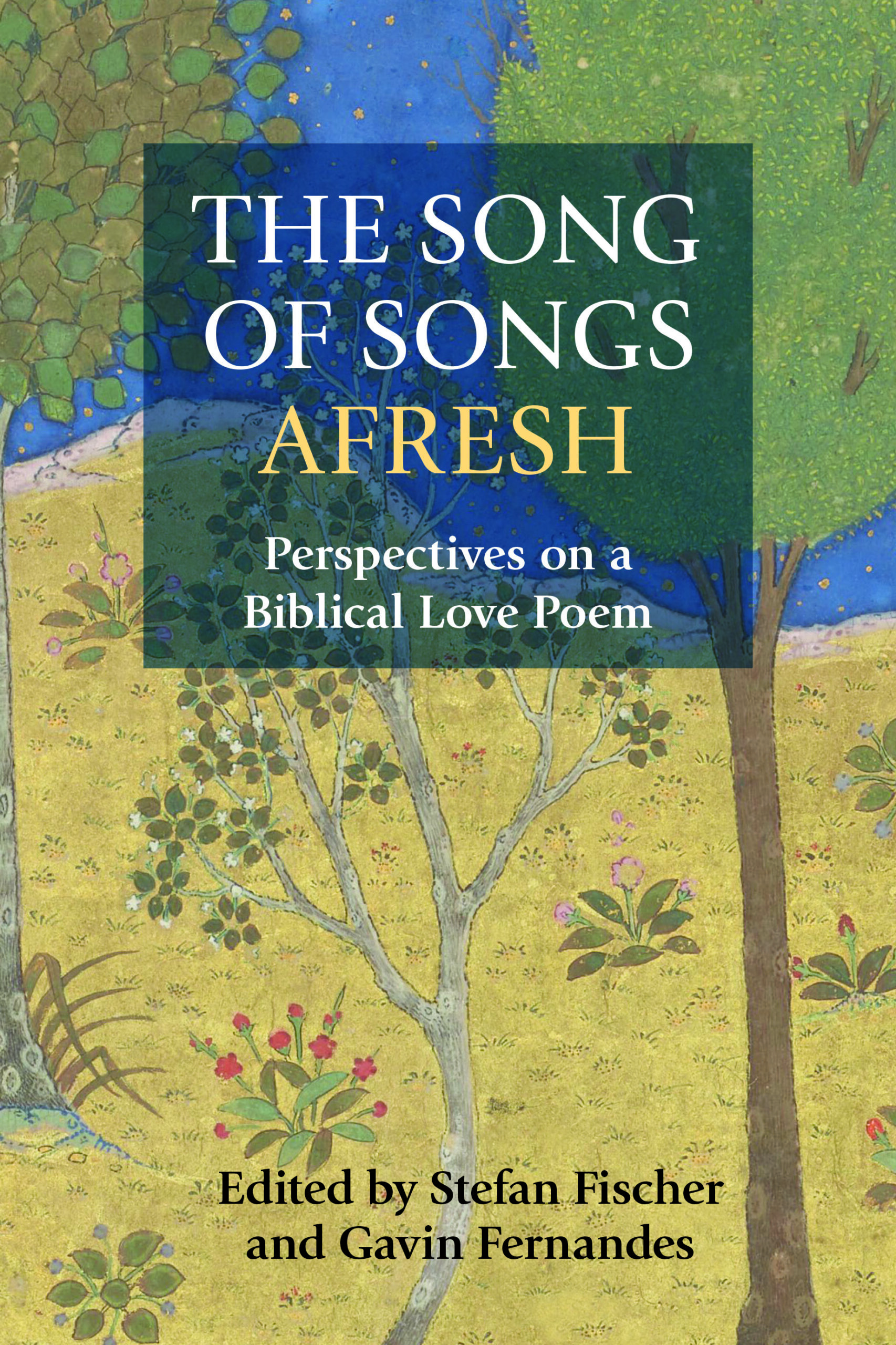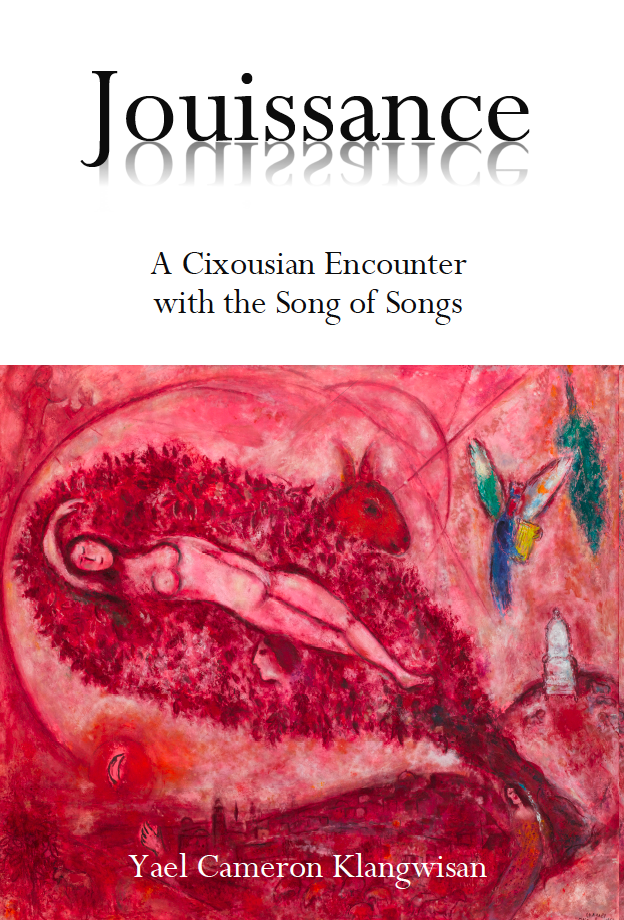Sale
The Song of Songs Afresh: Perspectives on a Biblical Love Poem
Published: Oct 2019
Original price was: £60.00.£25.00Current price is: £25.00.
This volume is one of the fruits of a six-year series of international conferences on the Song of Songs. The 13 diverse articles here being presented in four categories.
1. Classical exegetical studies. What does the blackness of the woman signify? Ausloos sees a tension between an exegetically appropriate and a politically correct interpretation, Biernot an example of Jewish discourse on blackness and whiteness ranging from antiquity to modern times. The function of the so-called dream in the Song is examined in the context of dreams in the ancient Near East with their two kinds of wake-up expressions (Fernandes). Fischer sees the daughters of Jerusalem as a means of identification for the reader and as placeholders for the young women of society. Next are intertextual readings of the Shulammite with a South African poem (Lombaard) and of the Song's vision of love with mythological traces in the Hebrew Bible (Mathys).
2. Post-modern exegetical studies. Included is a dialogue on horses in love and war (Landy and Metzler), a psychoanalytical reading on the theme of death (van der Zwan), and a blend of Ricoeur and cognitive metaphor theory that profiles the man in the Song (Verde).
3. Jewish studies. Baraniak studies the targumic exegesis, and DamohorskÌÁ the Song in Passover Piyyutim.
4. Hermeneutics. Responsible exegesis of the Song is Oosthuizen's theme, and Scheffler's is varieties of allegorizing.
Sale
The Song of Songs Afresh: Perspectives on a Biblical Love Poem
Original price was: £60.00.£25.00Current price is: £25.00.
This volume is one of the fruits of a six-year series of international conferences on the Song of Songs. The 13 diverse articles here being presented in four categories.
1. Classical exegetical studies. What does the blackness of the woman signify? Ausloos sees a tension between an exegetically appropriate and a politically correct interpretation, Biernot an example of Jewish discourse on blackness and whiteness ranging from antiquity to modern times. The function of the so-called dream in the Song is examined in the context of dreams in the ancient Near East with their two kinds of wake-up expressions (Fernandes). Fischer sees the daughters of Jerusalem as a means of identification for the reader and as placeholders for the young women of society. Next are intertextual readings of the Shulammite with a South African poem (Lombaard) and of the Song's vision of love with mythological traces in the Hebrew Bible (Mathys).
2. Post-modern exegetical studies. Included is a dialogue on horses in love and war (Landy and Metzler), a psychoanalytical reading on the theme of death (van der Zwan), and a blend of Ricoeur and cognitive metaphor theory that profiles the man in the Song (Verde).
3. Jewish studies. Baraniak studies the targumic exegesis, and DamohorskÌÁ the Song in Passover Piyyutim.
4. Hermeneutics. Responsible exegesis of the Song is Oosthuizen's theme, and Scheffler's is varieties of allegorizing.
Sale
Jouissance: A Cixousian Encounter with the Song of Songs
Published: Jan 2015
Original price was: £50.00.£18.50Current price is: £18.50.
This is a remarkable book that sets out to deconstruct academic writing on the Song of Songs. It emerges at that place where biblical scholarship on the Song of Songs is subverted by French literary theory, where biblical literature escapes biblical hermeneutics, and where the ancient poetry of the Song of Songs comes face to face with the modern poetry of Hélène Cixous. The question asked is whether a poetic text like the Song of Songs can be systematized, interpreted and worked out. For as much as Jouissance is a work on the Song of Songs, it is also a work about reading poetically, challenging the notion that the Song of Songs can be read at all.
In response the reader-author presents an-'other' kind of reading. She inhabits the text of the Song of Songs, bringing herself to it; allowing herself to be taken in its jaws, one time, and once only, and then giving it away and refusing possession. If this could be called reading, it would be live-reading: a reading of the Song of Songs that is birthed and dreamed, that joins breath with breath. This is a reading that is allowed to live.
The reader is invited via the midwifery of Hélène Cixous's poetic texts to encounter the enigmatic poetry of the Song of Songs, its creative and transformative polysemy, engendering a 'third body', third text, that is reflective and multivalent, inscripted with elements that are continuous and discontinuous, as well as dynamic, mythic and subversive. Read in the spirit of Cixousian literary theory, Jouissance is a visceral-corporeal experience of the transgressive and creative act of the Song of Songs that merges the limits of language with the bliss and suffering of the beyond.
Sale
Jouissance: A Cixousian Encounter with the Song of Songs
Original price was: £50.00.£18.50Current price is: £18.50.
This is a remarkable book that sets out to deconstruct academic writing on the Song of Songs. It emerges at that place where biblical scholarship on the Song of Songs is subverted by French literary theory, where biblical literature escapes biblical hermeneutics, and where the ancient poetry of the Song of Songs comes face to face with the modern poetry of Hélène Cixous. The question asked is whether a poetic text like the Song of Songs can be systematized, interpreted and worked out. For as much as Jouissance is a work on the Song of Songs, it is also a work about reading poetically, challenging the notion that the Song of Songs can be read at all.
In response the reader-author presents an-'other' kind of reading. She inhabits the text of the Song of Songs, bringing herself to it; allowing herself to be taken in its jaws, one time, and once only, and then giving it away and refusing possession. If this could be called reading, it would be live-reading: a reading of the Song of Songs that is birthed and dreamed, that joins breath with breath. This is a reading that is allowed to live.
The reader is invited via the midwifery of Hélène Cixous's poetic texts to encounter the enigmatic poetry of the Song of Songs, its creative and transformative polysemy, engendering a 'third body', third text, that is reflective and multivalent, inscripted with elements that are continuous and discontinuous, as well as dynamic, mythic and subversive. Read in the spirit of Cixousian literary theory, Jouissance is a visceral-corporeal experience of the transgressive and creative act of the Song of Songs that merges the limits of language with the bliss and suffering of the beyond.


